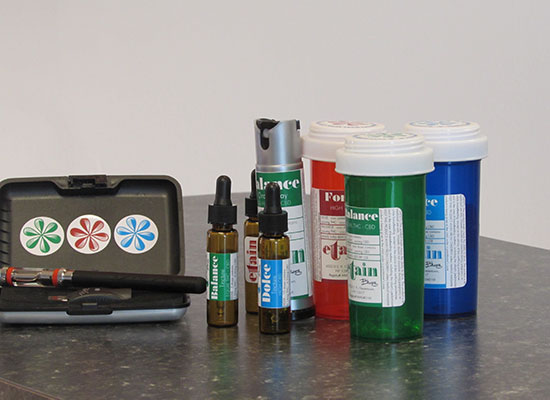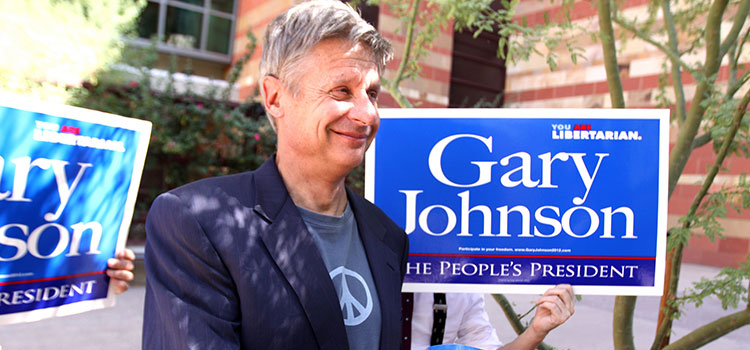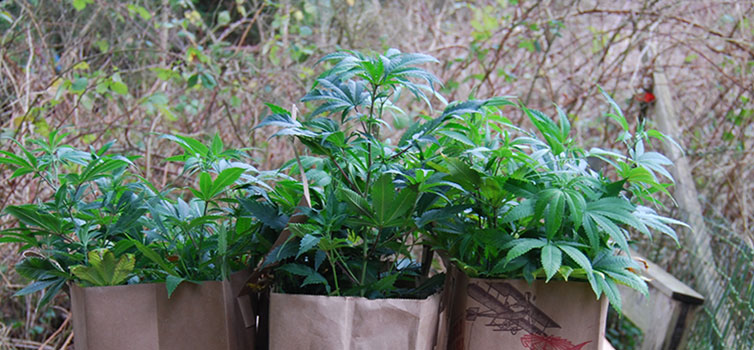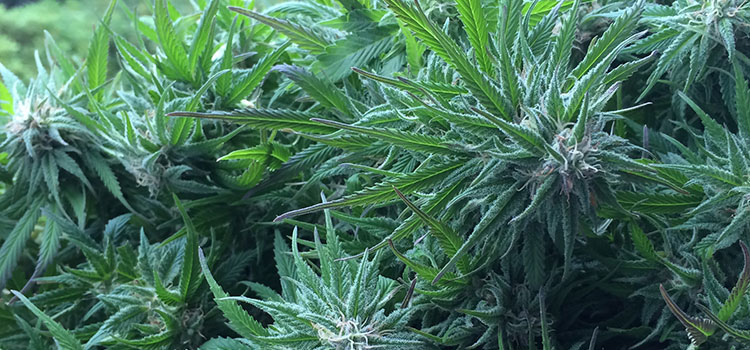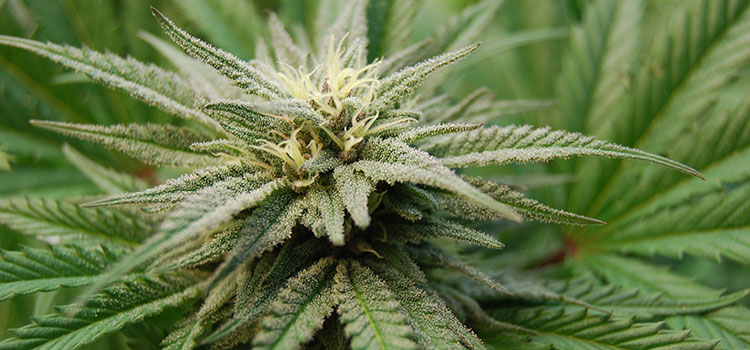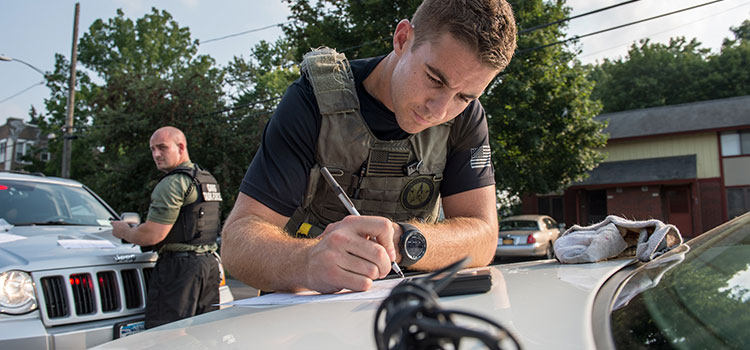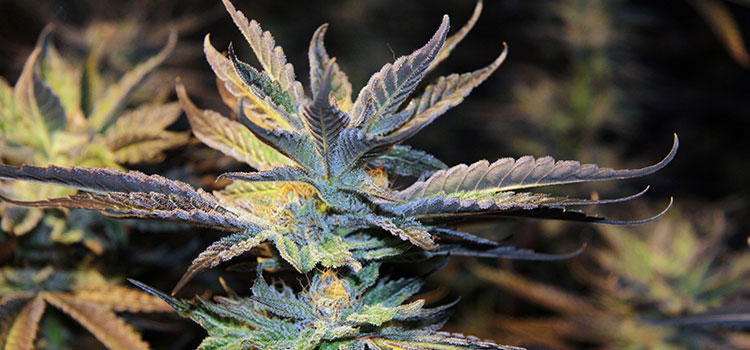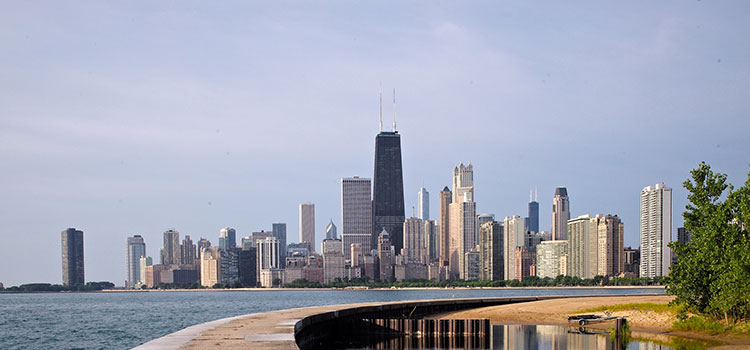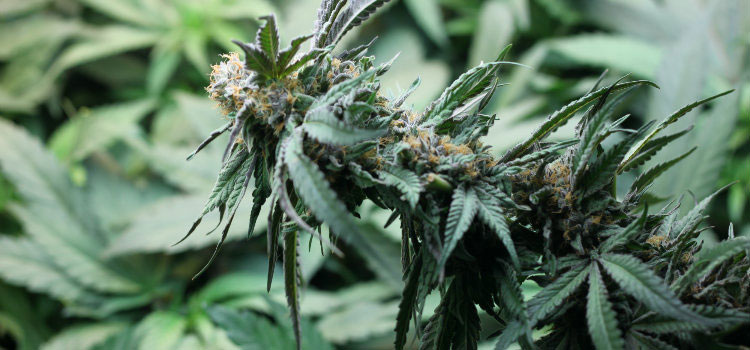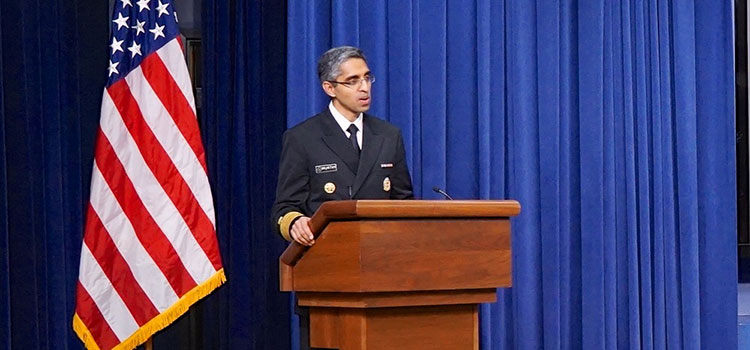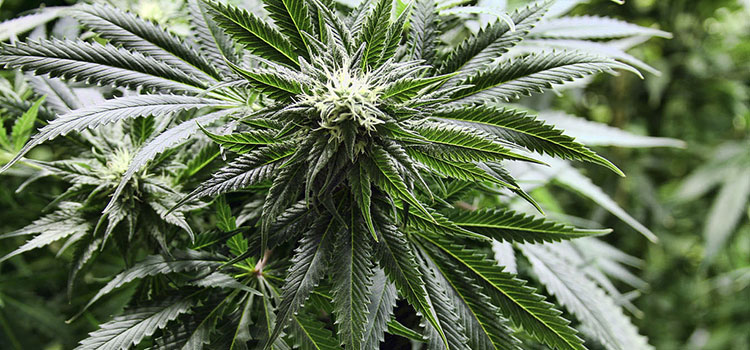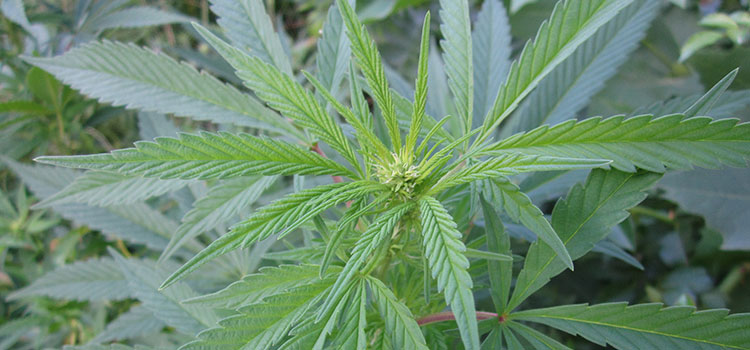One of the most interesting aspects of cannabis is how benign it is to most humans.
The lethal limit of ingestion is so high that it is widely considered an impossible feat to die from marijuana use. In fact, cannabis is less lethal than many commonly ingested chemicals like ibuprofen, caffeine, alcohol, and most pharmaceuticals.
But does that mean you can’t overdose on marijuana? Not quite.
Just because death isn’t in the equation doesn’t mean it’s not possible to smoke or consume too much cannabis, however. Marijuana over-consumption can manifest itself in a variety of ways, including paranoia, anxiety, and hallucinations. While the chances of experiencing these negative effects are small, there are a number of ways to prepare for and deal with them.
First, and most importantly, is to speak with an expert about dosing yourself. An expert should know what to expect from each strain, as well as your method of ingestion (smoking, vaping, eating, dabbing).
Explain your intentions and ask for their advice. Start slow and work your way up to higher doses. Because of their slow onset, it is especially tricky to dose yourself with edibles. Give yourself several hours between doses. Most marijuana “overdoses” are from people with little-to-no experience, and can be easily avoided with proper guidance.
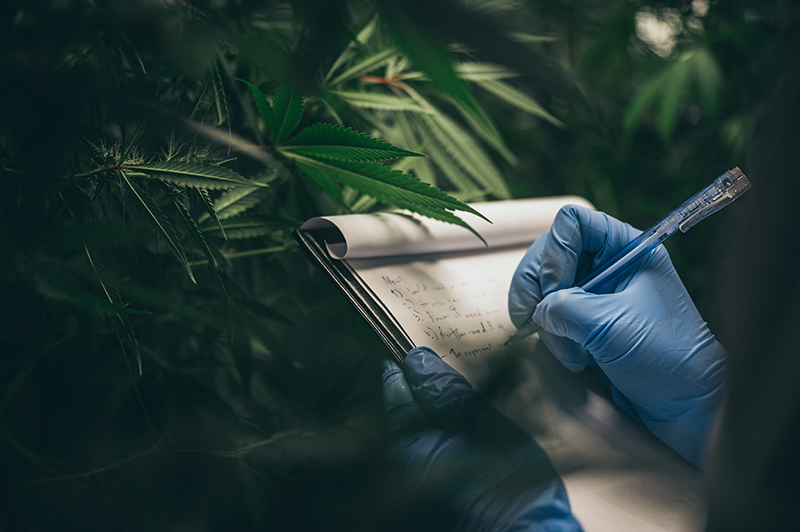
Know your limits, and stay comfortable.
An ounce of prevention is worth a pound of cure. When preparing for a cannabis session it is helpful to set up a happy place ahead of time. The old 60’s adage of “set and setting” still holds true. When consuming cannabis, be in a comfortable place where you won’t need to drive anywhere. Wear comfortable clothes and be around your favorite music, food, movies, and/or people. Have plenty of refreshments around to aid with cottonmouth. Avoid alcohol. Have some easy to prepare, or previously prepared, snacks available for when the munchies set in.
Keep calm and blaze on.
Lastly — in the event of a bad experience — remember that the strange feelings you are experiencing WILL fade. After a few hours you will feel significantly less high, and after about a day you will completely return to your standard of conscious experience. Fear and anxiety tend to set in because of panic, and often this panic is caused because one feels like this new feeling will last forever. If dealing with these anxious feelings, sit or lie down and breathe deeply. Change the music or movie. Turn the lights on or off. Change rooms. Remove yourself from the negativity, and find a new place to be. You can’t change your current state without waiting for a few hours, but you can change your location and stimulus.
If you get too high, don’t panic: the effects are temporary.
After a few sessions and some experience with dosing, the sensations becomes a little more normalized. The chances of a negative experience lessen, and confidence takes over. However, even with experience, it is possible to suffer the negative symptoms described above, but the advice doesn’t change. Just sit back, relax, and know that the ride will be over soon.
Last Updated May 25, 2020
End




